Glycerin For Oily Skin: 17 Benefits And Uses
Understand how this plant-based ingredient helps maintain your skin's natural oil balance.
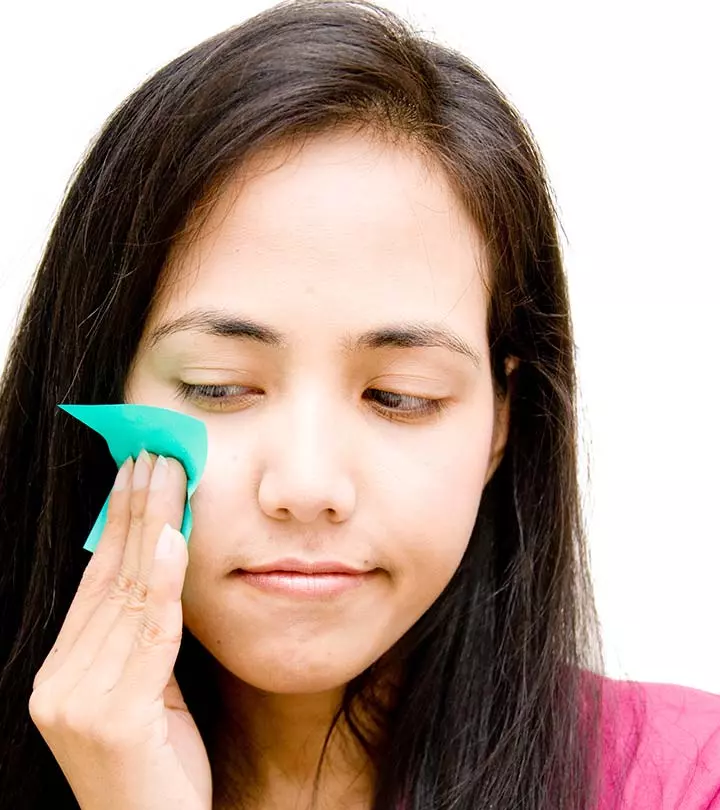
Image: Shutterstock
Glycerin has immense skin benefits and is one of the best ingredients for oily skin. One of the key benefits of glycerin for oily skin is that it attracts moisture from the air to keep the skin moisturized without causing greasiness. That is why you will find glycerin in most oil-free skin products. This humectant prevents moisture loss and adds a natural glow to your skin. Keep reading to learn how glycerin may benefit oily skin.
 Did You Know?
Did You Know?In This Article
What Is Glycerin Made Of?
Glycerin can be categorized into two main types based on its source:
1. Plant-Based (Vegetable Oil)
Natural glycerin is derived from plant fats such as coconut and palm oils. These oils undergo a process involving a combination of pressure, temperature, and water to make it into a colorless and odorless liquid.
2. Animal-Based (Fat)
Animal-based glycerin is made from tallow, which is derived from animal fat, typically beef or mutton. The tallow is mixed with water and then heated to a thick consistency. It is refrigerated to solidify the mixture. This mixture is further processed to remove excess water and impurities.
Now that you know what glycerin is made of, scroll down to see if it can be used for oily skin.
Key Takeaways
- Glycerin is a natural humectant added to numerous skin and beauty products.
- It increases the production of lipids that boost cell maturation, making the skin look younger.
- It is non-greasy and very light on the skin and can be used as a toner and a cleanser.
- Always add rose water or distilled water to glycerin to thin it out. It slows down the aging process due to its moisturizing properties.
Can Glycerin Be Used For Oily Skin?

The answer is yes! Now, many of you might think that glycerin is a humectant and suitable only for dry skin beauties. But, it’s equally suitable for oily skin.
Glycerin (or Glycerol) is a plant-based oil that was accidentally discovered by a Swedish chemist in 1779 when he was heating a mixture of olive oil.
Being an all-natural product, glycerin is exceptionally gentle even on sensitive skin and helps soothe skin woes such as inflammation and redness. And, the best part is, it is non-greasy and has numerous other skin benefits. It is found in countless skin and beauty products.
Key Benefits Of Glycerin For Oily Skin
1. It Has An Anti-Aging Effect

Now that can get anyone excited about a product! Glycerin (or Glycerol) is a key ingredient in anti-aging products, thanks to its moisturizing properties. Lack of moisture affects the protease activityi Refers to the function of skin enzymes to promote cell regeneration, which is crucial for maintaining a healthy and smooth skin. in your skin, leading to skin peeling and accelerating skin aging. Glycerin is great for hydration as it makes your skin more prone to absorbing moisture from the environment, increasing the moisture content of your skin—this helps slow down the aging process (1).
2. It Is Anti-Irritant
Glycerin is an hypoallergenic that is extremely gentle on the skin. As it is a plant-based substance, it is widely used for treating skin irritation, rashes, and itches. A study conducted on hairless mice found that glycerol could cure skin irritation induced by Sodium Lauryl Sulphate, or SLS, (an active ingredient in many beauty products. Thus, due to its anti-inflammatory properties, glycerol can aid in skin barrier repair (2).
It can even soothe irritation caused by other skin issues, such as psoriasis and eczemai A non-contagious condition that may cause inflamed, dry, itchy, irritated, and red patches on the skin. .
3. Glycerin Improves Skin Permeability
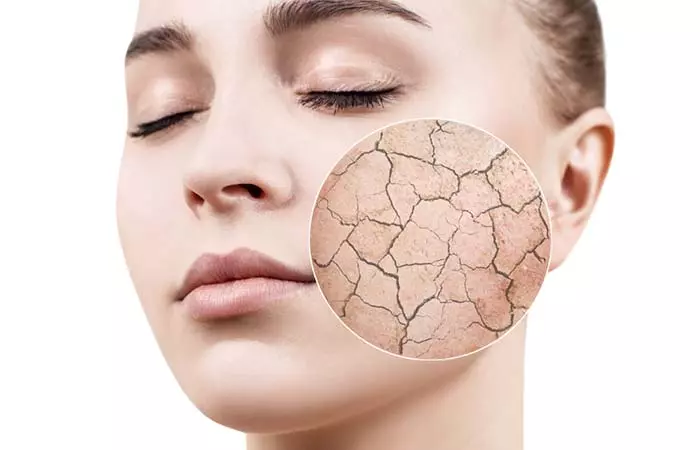
Dehydrated skin (due to lack of moisture in your skin or dry weather) can lose its permeability. However, applying glycerin can reverse this, thereby maintaining your skin absorption levels (3).
4. It Promotes Cell Maturation
A study shows that glycerin rejuvenates the skin by promoting skin cell maturation. Your skin sheds numerous cells and produces younger cells to replace them. The top layer of your skin contains the mature cells that produce lipids that form the protective barrier on your skin. Glycerin helps the young cells mature and move up to the surface before they are eventually shed (4). If this process is interrupted, your skin will look dull and dry.
5. It Gives You Smoother Skin

Applying glycerin will give you smoother looking skin without making it greasy or oily. Glycerin is a humectant – it draws moisture from the environment for smoothing and hydrating the skin.
6. It Improves Skin Elasticity
Excessive exposure to UV rays can deplete collageni A protein produced in the cells of connective tissues responsible for skin elasticity and healthy joints. levels in the skin and lead to significant skin damage. A study conducted in 2014 found that glycerin, along with other compounds, could maintain the skin’s elasticity levels and keep it youthful (5).
7. It Helps In Wound Healing And Infection Control
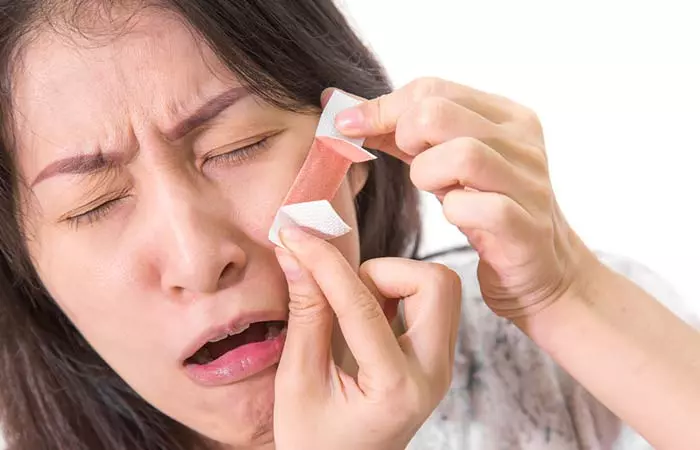
Solutions with 85% glycerin content have bactericidal and antiviral effects, facilitating fast wound healing. A study found that the application of glycerin on wounds effectively reduced inflammation. Moreover, glycerin-based products were also found to be antimicrobial (6).
8. It Is An Excellent Toner For Oily Skin
Glycerin can also be used as a toner for oily skin. It is non-greasy, and hence can keep your skin toned and hydrated through sebum control.
9. It Can Be Used As A Cleanser
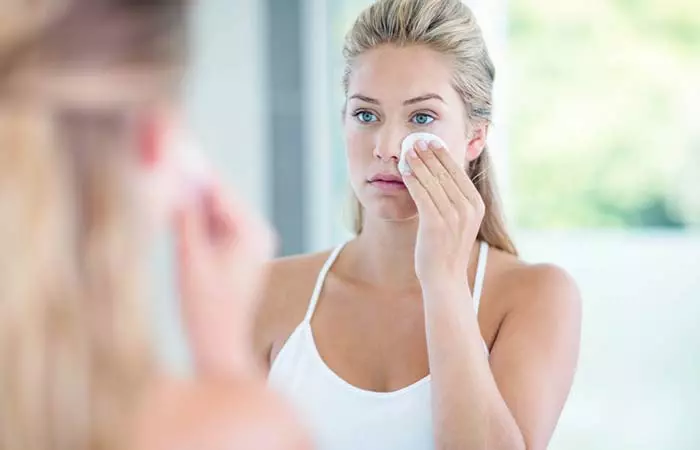
Oily skinned people are prone to acne and breakouts. Since glycerin is a non-comedogenic and has a neutral effect on your skin, you can easily use glycerin-based products for acne prevention and pore minimization for clean skin devoid of impurities, without your skin looking excessively dry and stretchy.
10. It Prevents Photoaging
Glycerin is a common ingredient in most of the commercially available sunscreens as it helps prevent the extensive damage otherwise caused by the UV rays (7). Regular application of such a sunscreen also improves uneven skin tone caused by sun exposure.
Now you know why glycerin is a must-have in your beauty arsenal. While you can always buy beauty products containing glycerin, you can even use it as a separate ingredient in DIY remedies. And if you want to avoid putting any other chemicals on your skin, glycerin is the best bet. I will tell you how.
How To Use Glycerin For Oily Skin

Learning how to use glycerin on the face can help you achieve a balanced, hydrated look without any greasiness. Here are a few ways you can use glycerin on your skin:
1. As An After-Wash
- Wash your face with water and pat dry with a towel.
- Make sure it is a bit damp.
- Take a few drops of glycerin on a cotton ball and apply all over your face.
- Avoid the eye and the mouth areas.
- Let it stay for 20-30 minutes.
- Wash it off.
2. As A Toner
- Take one-fourth cup of glycerin and dilute it with half a cup of rose water.
- Store it in a spray bottle.
- Wash your face thoroughly and spritz the solution on it.
3. As An Anti-Aging Face Pack
- Take an egg white in a bowl and beat it until it is frothy.
- Add a teaspoon each of glycerin and honey to it and mix.
- Apply to your face using your fingertips and leave it to dry.
- Wash with warm water.
4. As A Moisturizer
- Take a tablespoon each of Vaseline, vitamin E oil (squeeze the capsules), and glycerin.
- Mix well and store in a glass container.
- Massage into your skin before going to bed and leave it on overnight.
Note: Use in small proportions.
5. To Reduce Blemishes
- Mix one tablespoon each of milk and glycerin.
- Apply to your skin and let it dry.
- Wipe with a moist cloth.
6. For Minor Burns
- Apply diluted glycerin directly to the affected area and let it stay for 20 minutes.
- Wash it off with cold water.
- Repeat the process as needed.
7. For Rashes And Inflammation
- Take one teaspoon of beeswax, half a cup of shea butter, and a quarter cup of coconut oil. Mix them well. You can even melt them.
- Add two tablespoons of glycerin (once the mixture is cold) and mix thoroughly.
- Beat the entire mixture in a blender until it turns creamy.
- Store in a glass jar and apply to the rash.
Now we know about the various benefits of glycerine on your face. Though glycerin is extremely gentle and relatively safe to be used on your skin, there are a few precautions you need to take.
Precautions To Take Before Using Glycerin

- Do a patch test. Yes. Even though glycerin is non-toxic, you should NEVER use it on your skin without testing its suitability.
- Always mix glycerin with any other ingredient before application. If you are using only glycerin, dilute it with rose water or distilled water. Never use more than required.
- Glycerin always tends to make the skin a little sun sensitive. So, after you have used glycerin on your face, apply sunscreen before you go out in the sun.
- Avoid mixing glycerin with any sticky lotions and creams as it might feel heavy on your skin.
 Trivia
TriviaInfographic: 5 Benefits Of Glycerin For Oily Skin
There must have been times when you applied glycerin to your face because your favorite moisturizer ran out. Glycerin is a plant-based humectant that keeps your face moisturized without any greasiness. It has amazing skin benefits, and the infographic below lists the top 5 benefits of using glycerin for oily skin. Check it out now!
Some thing wrong with infographic shortcode. please verify shortcode syntaxGlycerin is a popular humectant used in oil-free skin products to retain moisture in your skin without making it greasy. Some of the benefits of glycerin for oily skin include slowing down skin aging, providing even skin tone, improving skin elasticity, and reducing inflammation. Incorporating it into your skin care routine for oily skin as a toner, after-wash, or moisturizer helps you attain glowing skin. Keep in mind that glycerin should be mixed with rose or distilled water before application. Conduct a patch test before using it to check for adverse reactions.
Frequently Asked Questions
Is it good to use glycerin on the face every day?
Yes, it is good and safe to use glycerin on the face every day. You may dilute it and apply it as a moisturizer before going to bed.
Is glycerin good for oily skin in summer?
Yes, using glycerin on oily skin in summer is safe. It may help prevent photoagingi Premature aging of the skin caused by direct, prolonged exposure to the ultraviolet rays of the sun. through its skin softening and brightening effects and heal skin inflammation.
Can I mix glycerine with aloe vera gel?
Yes! Mixing glycerine with aloe vera gel can give you enhanced skin benefits such as better moisturization, faster wound healing, and reduced chances of infection.
Can we apply multani mitti with glycerine?
Adding glycerine to your multani mitti face pack can help prevent dryness and improve its texture.
How does glycerin compare to other moisturizing ingredients for oily skin, such as hyaluronic acid or niacinamide?
Both glycerine and hyaluronic acid are humectants that improve your skin’s moisture retention abilities. They trap moisture and keep your skin hydrated. Niacinamide on the other hand displays humectant, antioxidant, and anti-inflammatory properties and is more effective than glycerine as a skincare agent.

Illustration: Amazing Benefits Of Glycerin For Oily Skin - How To Use It
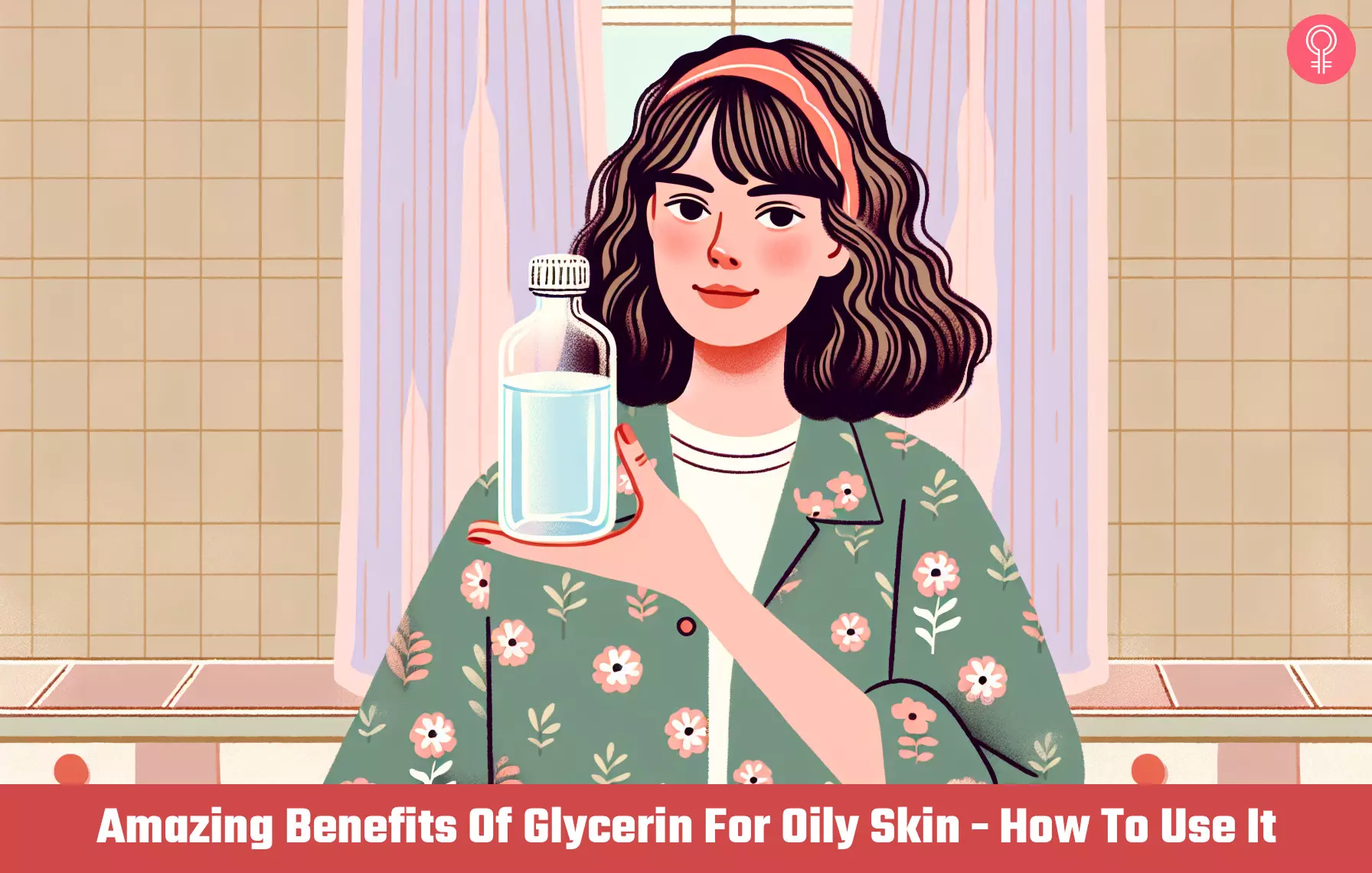
Image: Dall·E/StyleCraze Design Team
Discover the truth about glycerine and its impact on your skin and face in this insightful video. Watch it to explore its hydrating properties, potential benefits, and considerations for different skin types.
Read full bio of Dr. Vindhya L Veerula
Read full bio of Ramona Sinha
Read full bio of Anjali Sayee
Read full bio of Shiboli Chakraborti







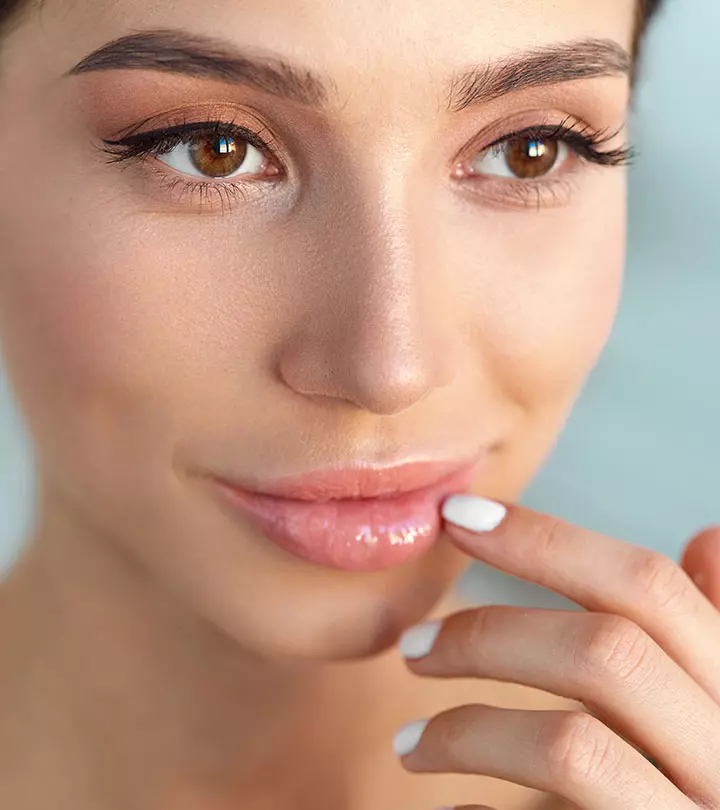

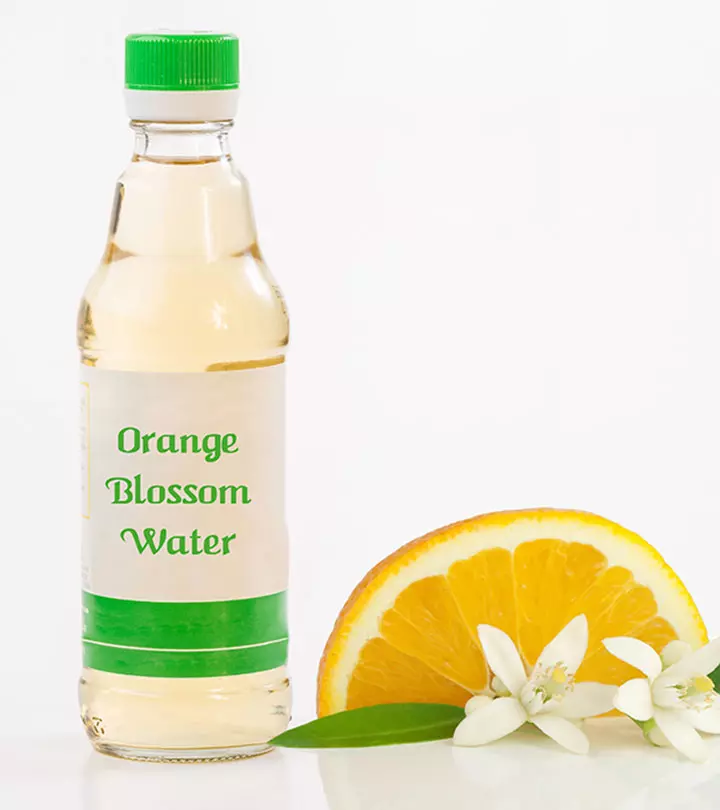

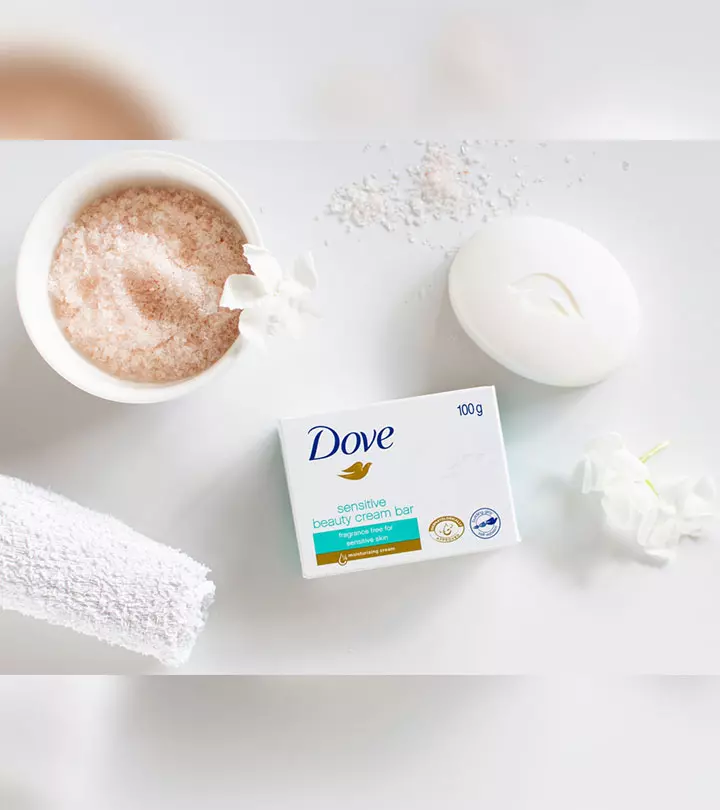
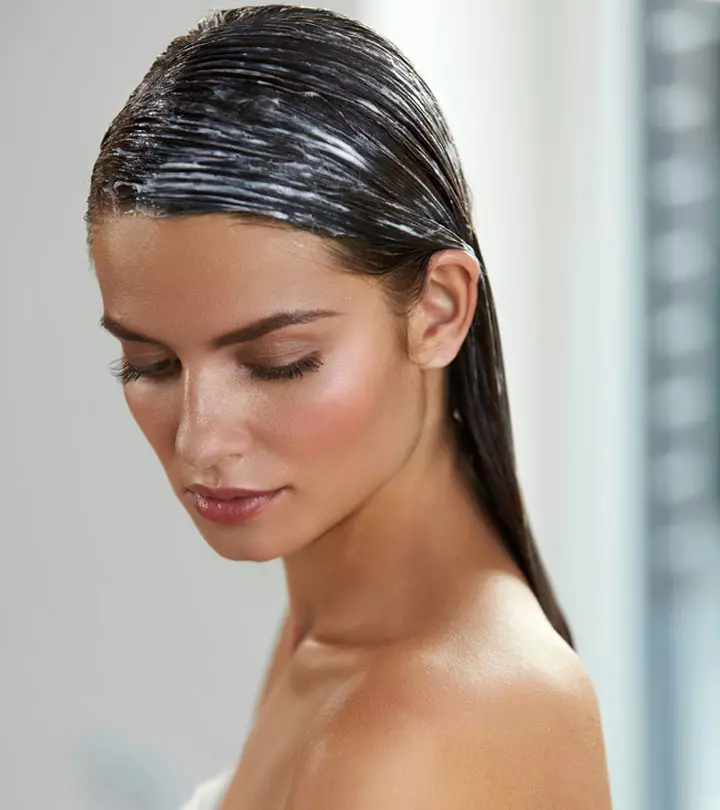

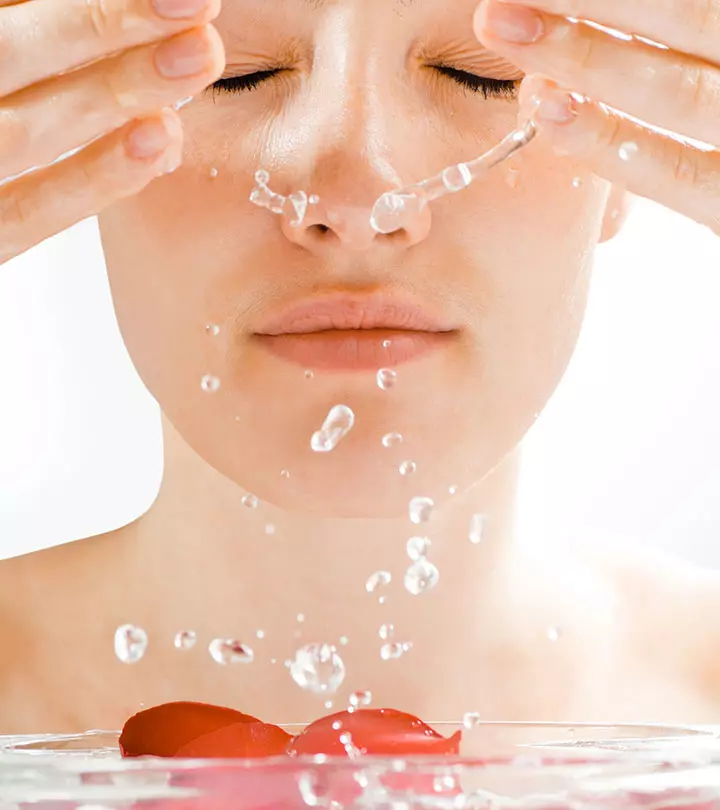

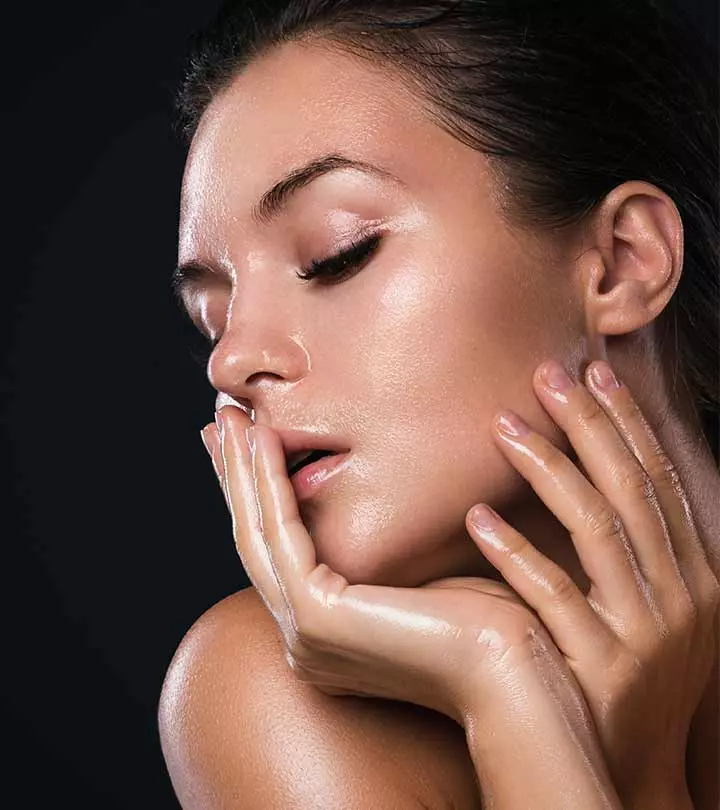


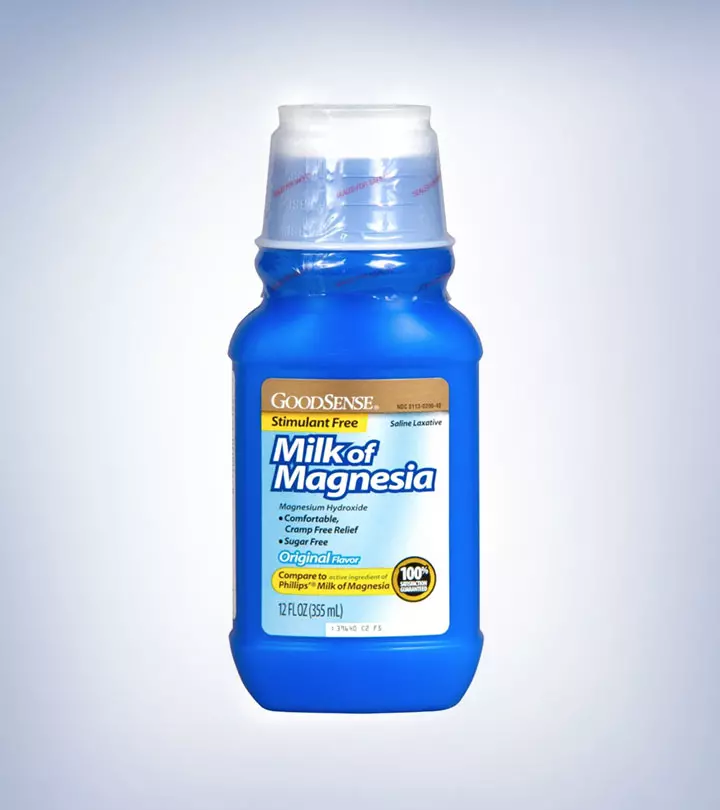
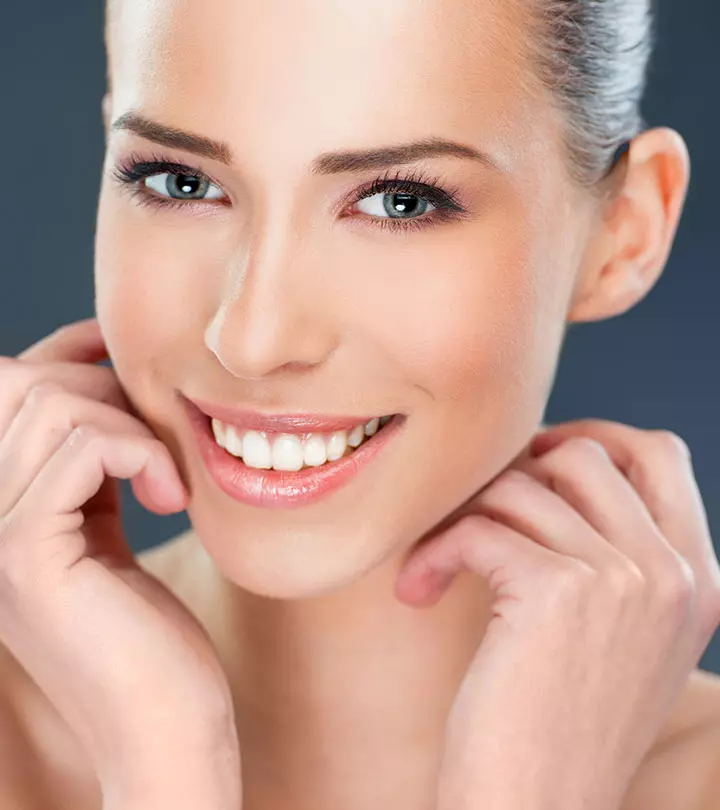
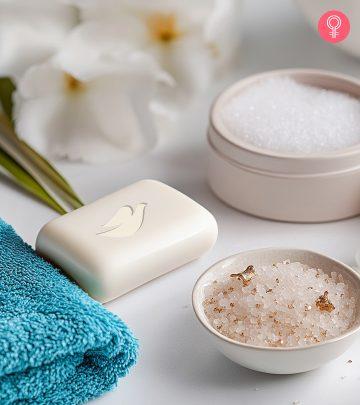

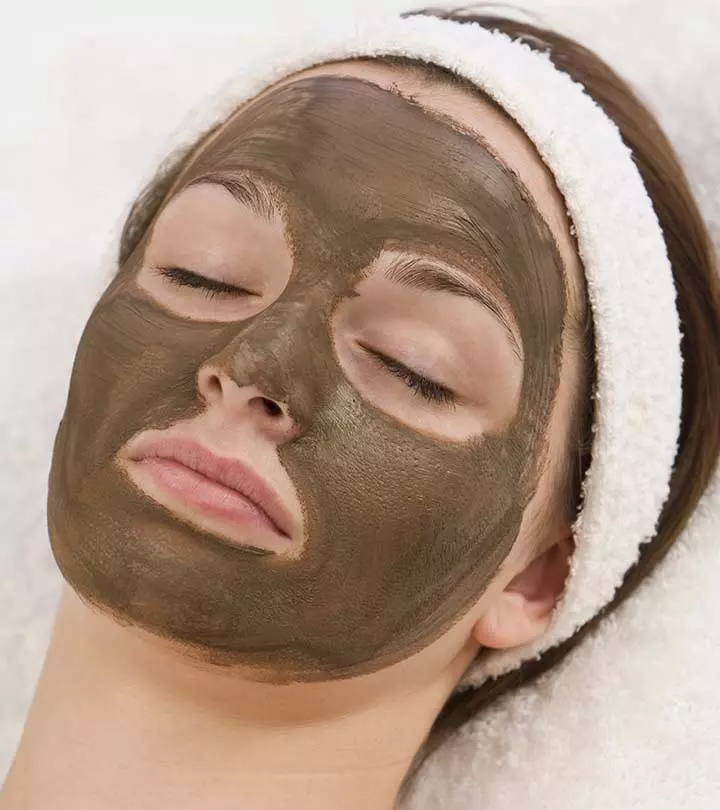

Community Experiences
Join the conversation and become a part of our empowering community! Share your stories, experiences, and insights to connect with other beauty, lifestyle, and health enthusiasts.